Johannette Zomer & Fred Jacobs - With Endless Teares (2009) [SACD & Hi-Res]
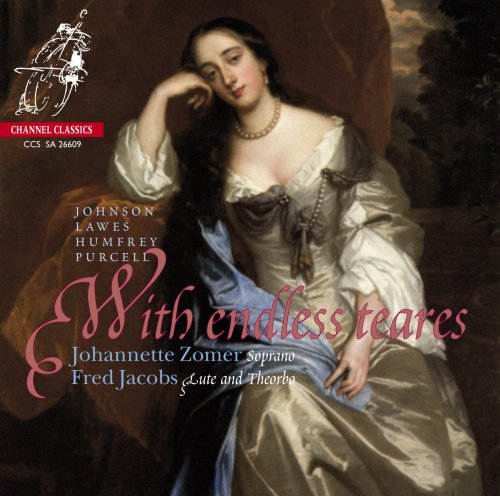
Artist: Johannette Zomer, Fred Jacobs
Title: With Endless Teares
Year Of Release: 2009
Label: Channel Classics
Genre: Classical
Quality: DST64 image (*.iso) 2.0 / 5.0 / FLAC (tracks) 192/24
Total Time: 1:05:13
Total Size: 3.2 / 1.89 GB
WebSite: Album Preview
Tracklist:Title: With Endless Teares
Year Of Release: 2009
Label: Channel Classics
Genre: Classical
Quality: DST64 image (*.iso) 2.0 / 5.0 / FLAC (tracks) 192/24
Total Time: 1:05:13
Total Size: 3.2 / 1.89 GB
WebSite: Album Preview
01. Have you seen but the bright lily grow
02. Woods, rocks and mountains
03. With endless tears
04. Come hither you that love
05. Come, heavy sleep
06. Almain
07. The prince's almain
08. Mark how the blushful morn
09. I wish no more
10. No more shall meads be deck'd
11. Almain
12. Almain
13. Amarillis by a spring
14. Amintor's welladay
15. Sleep soft, you cold clay cinders
16. Chloris dead, lamented by amintor
17. Courante
18. Volte
19. Ariadne's lament
20. Courante
21. Cloches
22. Cupid once, when weary grown
23. Oh! that I had but a fine man
24. O love, if e're thou'lt ease a heart
25. How severe is forgetful old age
26. If grief has any pow'r
27. When first amintas sued for a kiss
28. Music for a while
29. Farewell, all joys!
There is a gradual increase in the use of bass line notation, implying a continuo realization, instead of complete tablature as accompaniment for lute song in Jacobean England, after about 1610. Although the lute was to remain the accompanying instrument of choice, other instruments, theorbos for example, could now replace it, depending on the situation. It is not clear when the theorbo was first used in England but the great architect, stage designer and masque producer Inigo Jones has been mentioned as having brought the first one back from a journey to Italy before 1605. The new Italian vocal music came from different sources: Robert Dowland printed Caccini’s Amarilli in his Musical Banquet in 1610 and Angelo Notari published his Prime Nuove Musiche (per cantare con la tiorba…) in London in 1613. Its declamatory style became particularly popular in the context of Jones’ masque: an extravagant art form as Stuart propaganda, combining grandiose theatre effects dance and ‘operatic’ singing, often accompanied by a consort of plucked instruments.
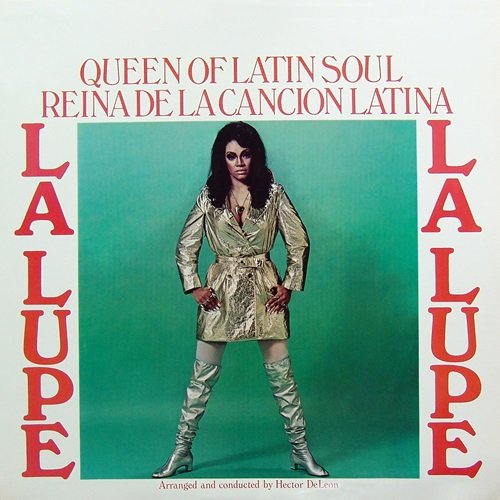
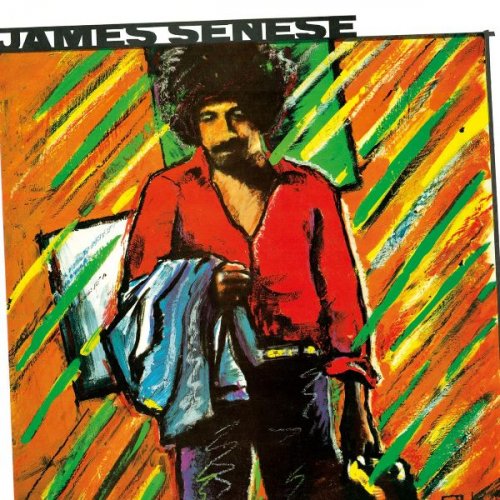
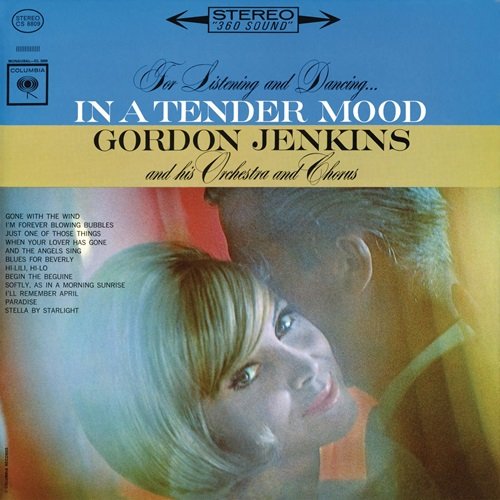
![Nikola Bankov - EVERWANTED (2025) [Hi-Res] Nikola Bankov - EVERWANTED (2025) [Hi-Res]](https://www.dibpic.com/uploads/posts/2025-10/1761865365_ishp84av7skab_600.jpg)
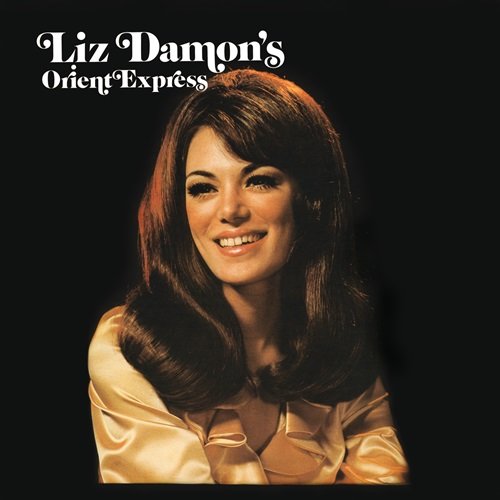
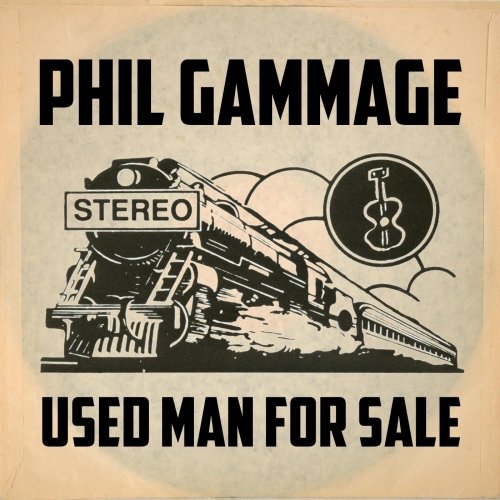
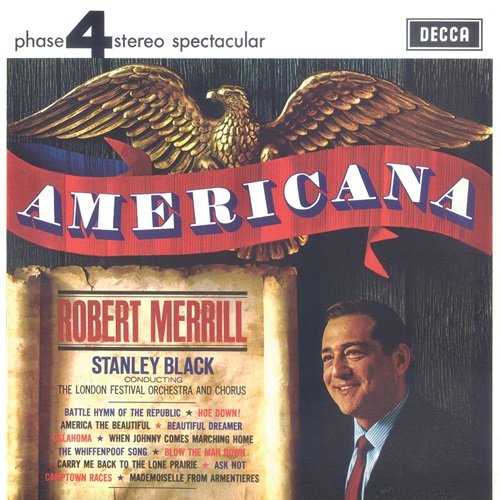
![Ben Paterson - Eleanor Rigby (Live at the Jazz Showcase, 2025) (2025) [Hi-Res] Ben Paterson - Eleanor Rigby (Live at the Jazz Showcase, 2025) (2025) [Hi-Res]](https://img.israbox.com/img/2025-10/29/tqxoqdpm7e0ahq2rkr1gqj9la.jpg)
![Arnau Obiols - Ocelltambor (2025) [Hi-Res] Arnau Obiols - Ocelltambor (2025) [Hi-Res]](https://img.israbox.com/img/2025-10/27/7w4svojigowmz21nglcjyaejd.jpg)